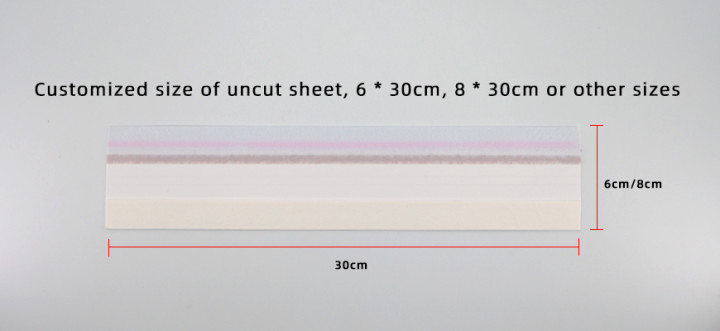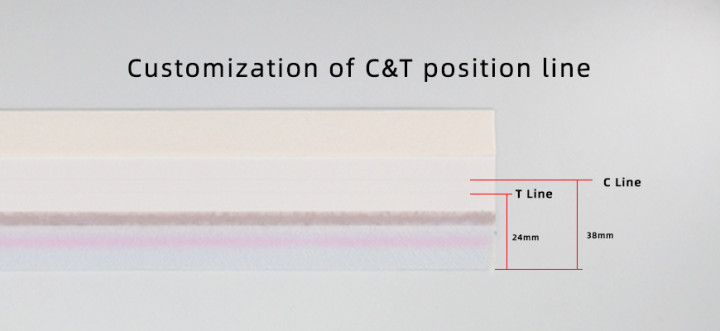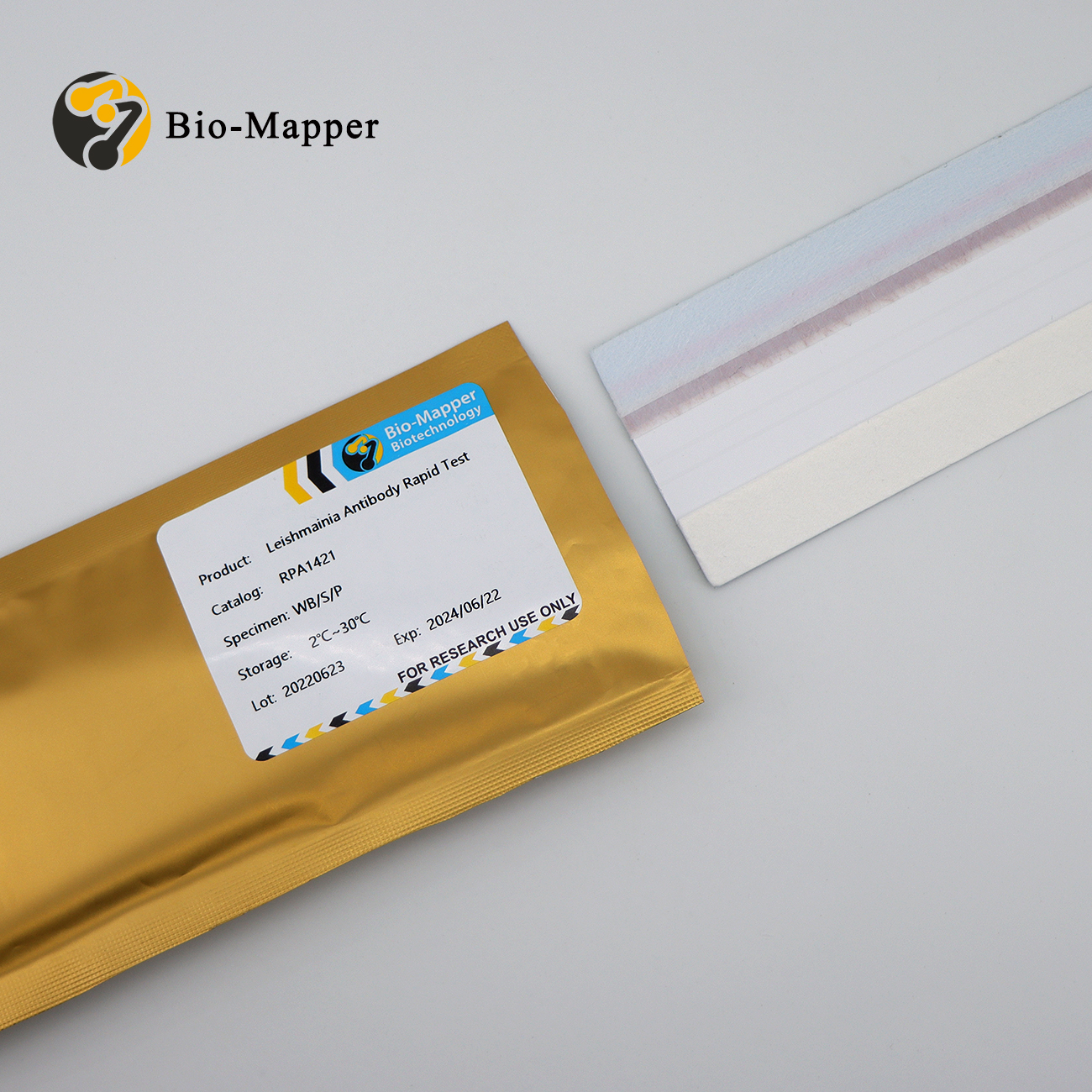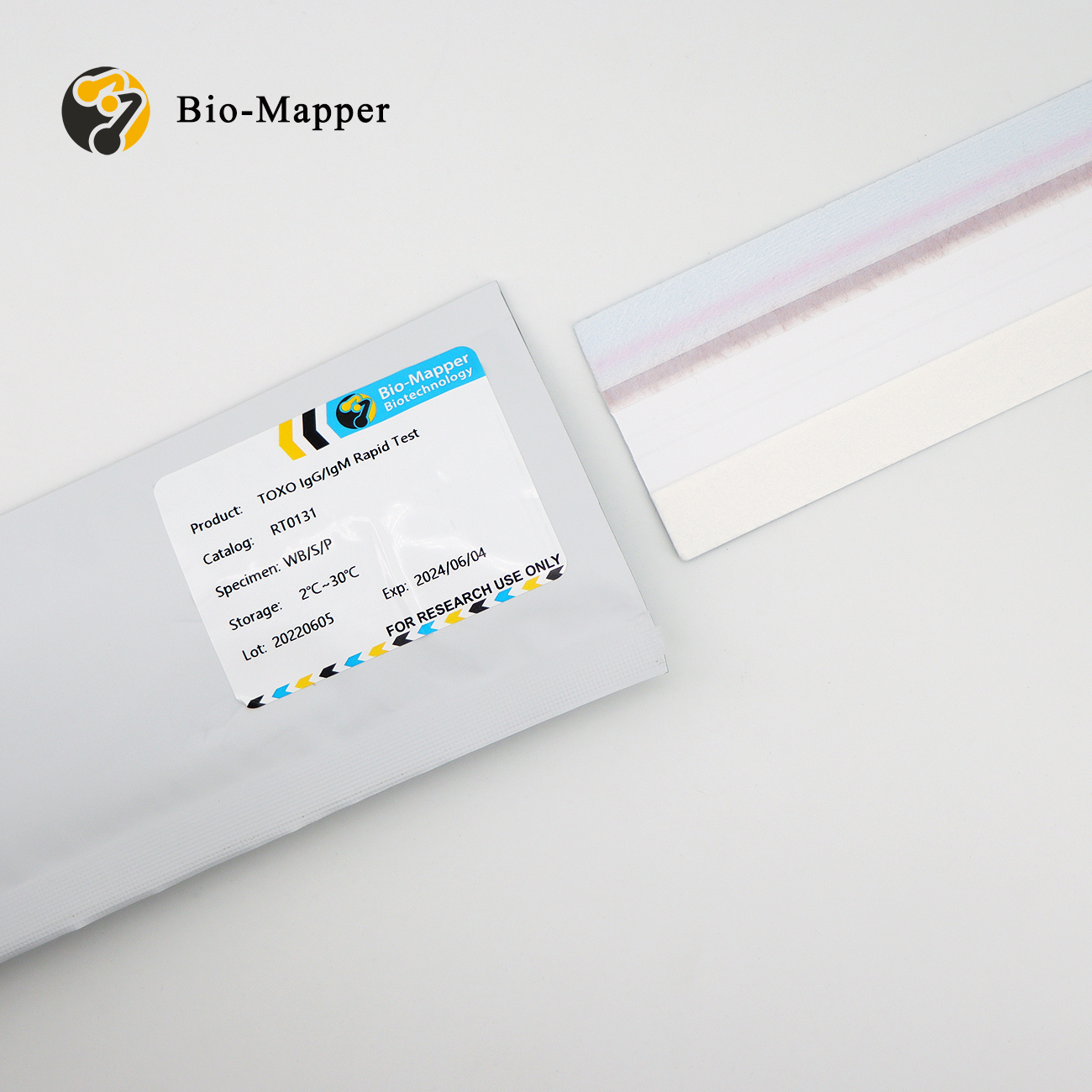Detailed description
M. pneumoniae can cause a host of symptoms such as primary atypical pneumonia, tracheobronchitis, and upper respiratory tract disease. Tracheobronchitis is most common in children with a reduced immune system, and up to 18% of infected children require hospitalization. Clinically, M. pneumoniae cannot be differentiated from pneumonia caused by other bacteria or viruses. A specific diagnosis is important because treatment of M. pneumoniae infection with β-lactam antibiotics is ineffective, whereas treatment with macrolides or tetracyclines can reduce the duration of the illness. Adherence of M. pneumoniae to the respiratory epithelium is the first step in the infection process. This attachment process is a complex event that requires several adhesin proteins, such as P1, P30, and P116. The true incidence of M. pneumoniae associated infection is not clear as it difficult to diagnose in the early stages of infection.














